What are the derived varieties of Robusta coffee beans? What are the planting advantages of Robusta coffee beans?
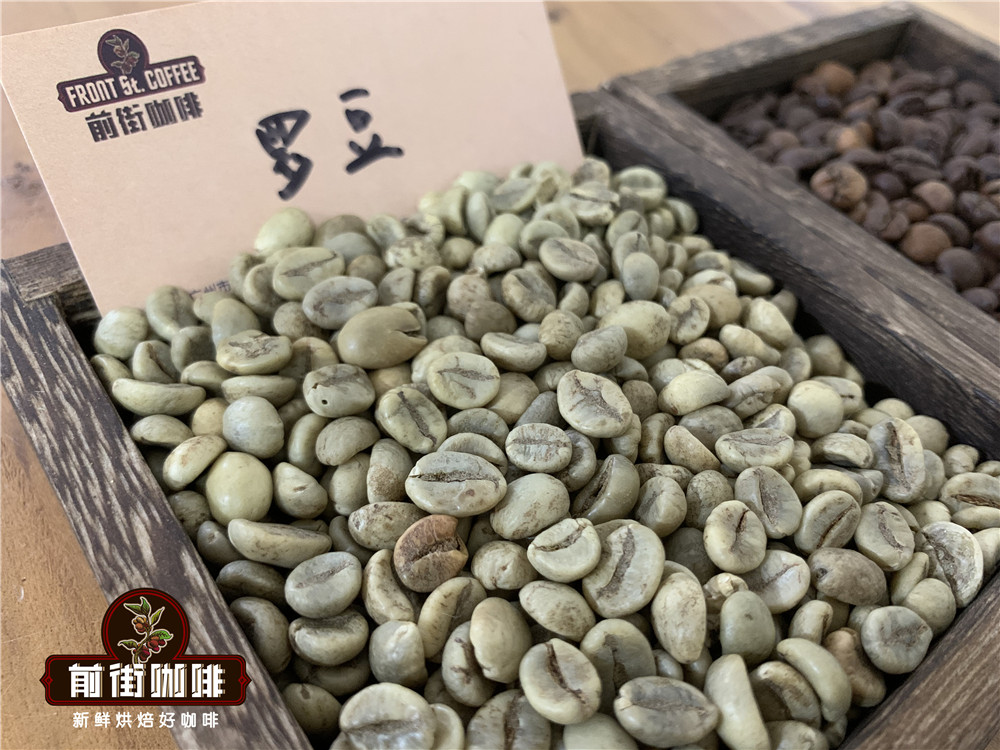
Although there is a coffee variety that is relatively rare in daily life and not so pleasant in taste, it still occupies a very important corner of the whole market. It is Robusta, which we affectionately call "Luodou" in the coffee circle. Let's talk about the advantages and disadvantages of Luo Dou in the front street.
Robusta's greatest advantage is its strong ability to survive.
From a biological point of view, Robusta belongs to the Canefra species, known as the Congolese species, medium fruit coffee. As we often hear, Rosa belongs to the Arabica species, but among the Canefera species, only Robusta is commercially grown and promoted, so Robusta has almost become a synonym for the Canefera line. Tim and Katim, derived from the natural cross between Robusta and Arabica, are also widely cultivated and belong to the Arabica category.
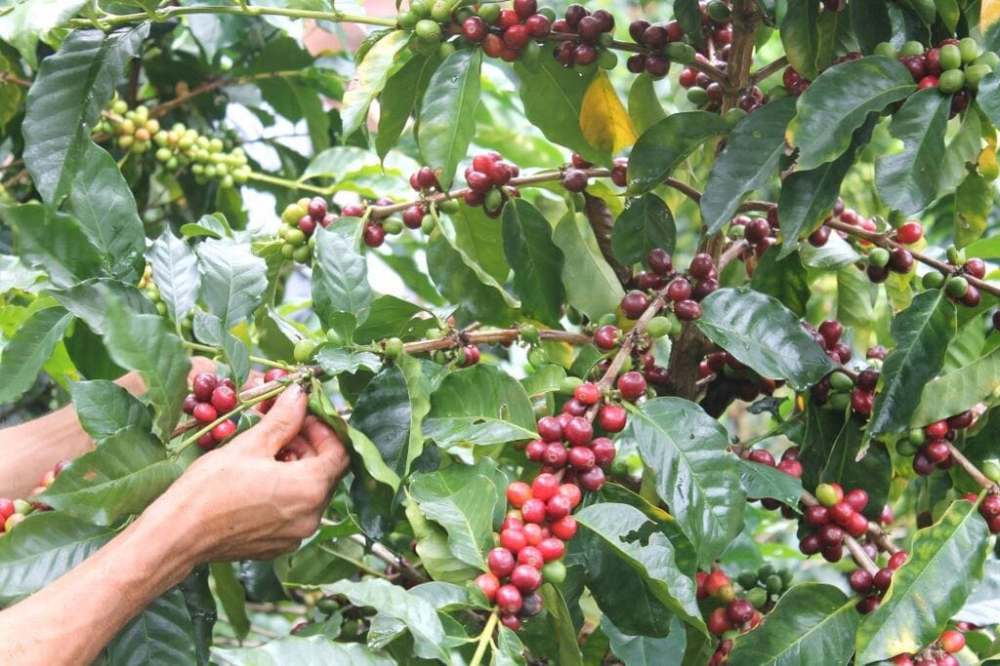
From a planting point of view, Robusta coffee tree can withstand high temperature, cold, drought and humidity, has a very high survival rate, and has a high caffeine content (1.7%-3.0%), which is about twice that of Arabica. Caffeine, as a natural pesticide in plants, protects Robusta from most insects. The fruit of a single Robusta plant is very high, the fruit is slightly rounded and smaller than that of Arabica coffee, with flat and round beans and straight pits in the middle.

Because of Robusta's tenacious vitality, the advantages of high yield and rapid maturity, and strong adaptability to the environment, it can be planted in low-altitude plains, and mechanized unified management and picking can be used directly. Therefore, the production cost of Robusta planting is lower, and it is more suitable for commercial mass production, and the price is naturally cheaper. For example, most of the plants in Hainan are Luodou. Even with these benefits, why do people still look down on this variety, even the derivative varieties of Robusta and Arabica?
The taste of Luodou is hard.
We often see Arabica coffee varieties promote "100% Arabica" in our daily life, but it is rare to see "100% Robusta". This starts with the taste of Luodou.
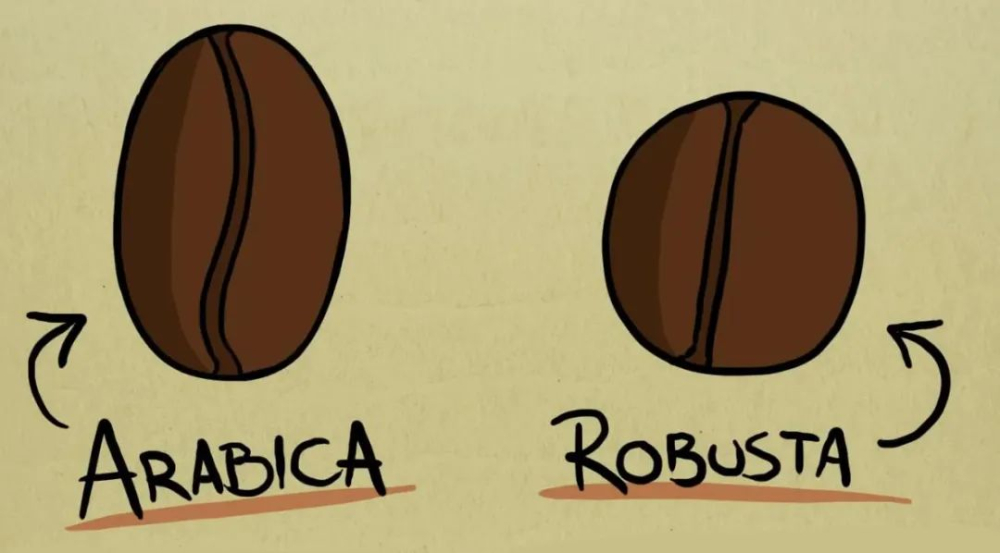
After analysis, the content of chlorogenic acid in Luodou is very high, and the content of sucrose is low. Chlorogenic acid is the source of bitterness in coffee, and sucrose is the prototype of various aromatic substances in coffee. So Luodou is usually low in acidity, with a mellow, lower bitter taste, as well as walnut, peanut, hazelnut, mugi-cha, grain and other taste spectrum, when not handled well, there will be a strong irritating earthy smell, such as rubber-like negative taste. This also makes everyone sum up as "Luodou flavor". For example, Katim, the most widely cultivated variety in Yunnan, China, carries 25% of the Robusta gene, so it has always been criticized in terms of flavor.
Deeply roasted Robusta beans accumulate a large amount of gas and release rich oil foam when extracted into espresso, and the solid taste spectrum also provides more mellow taste for the coffee. We all know that the taste of coffee in the traditional sense tends to be bitter and mellow, and there will not be too much acid, which is in line with the flavor characteristics of deep-baked Luodou, which is why Luodou is still alive in the current era of boutique coffee.
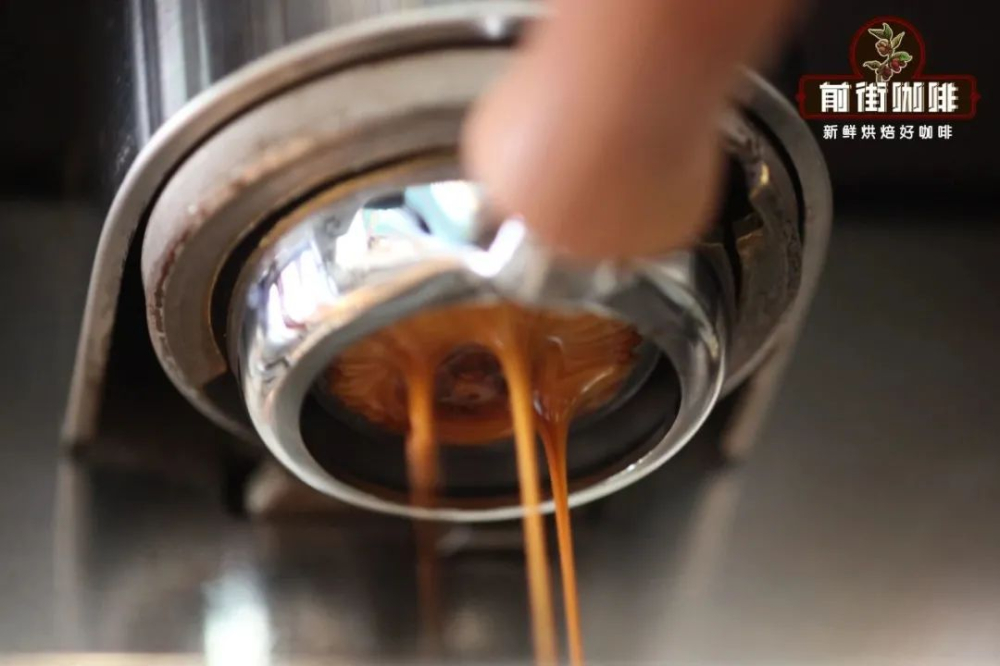
Although Arabica coffee beans are still in the majority, the climate and environmental problems of various coffee producing areas in recent years, the growing conditions of coffee are getting worse and worse, and coffee cultivation will face a great test in the future. Robusta itself has better viability, so there are likely to be more hybrid coffee varieties with Robusta ancestry in the future.
You can have a taste of Luodou.
Nowadays, as the knowledge atmosphere of learning coffee is getting hotter and hotter, many friends also want to taste the taste of Robusta coffee. However, the top Robusta coffee costs more to produce, so the price is high. And the overall flavor of Luodou is strong and strong, and not everyone is in an acceptable range, so Qianjie suggests that you can start with Luodou's espresso.
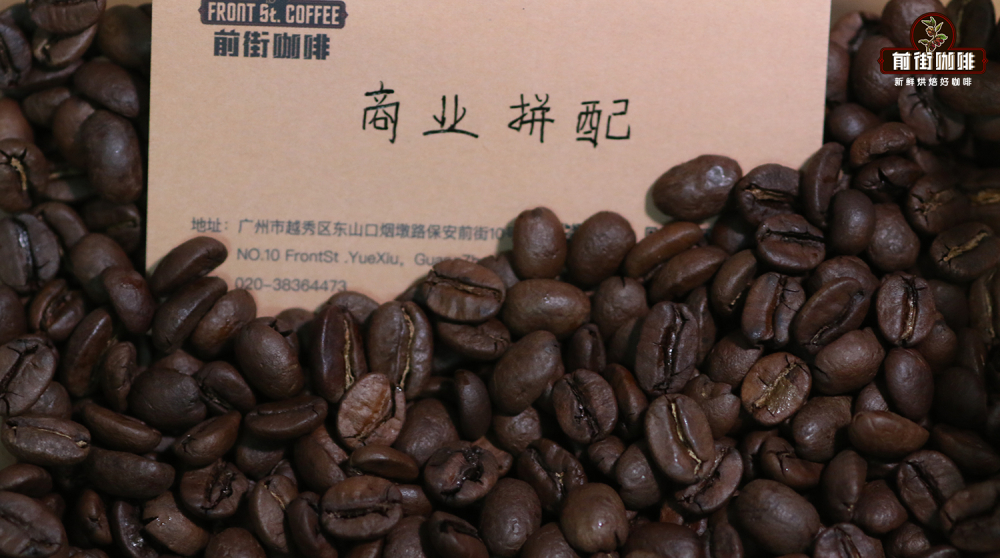
As mentioned above in the front street, deep-baked Robusta produces rich oils during extraction. So Qianjie wanted one of the espresso beans to be concentrated to show rich and fragrant coffee oil, so it added 10% washed robusta coffee beans. Combine with Colombian washed coffee beans (30%) and Brazilian half-sun coffee (60%) to form a commercial mix of coffee beans on Qianjie. The espresso has rich golden grease and nutty aromas. When you taste it, the coffee will be bitter, but it will be more creamy and full, and after swallowing, the bitterness will dissipate and the lips and teeth will stay fragrant.
Professional coffee knowledge exchange more coffee bean information please follow the coffee workshop (Wechat official account cafe_style)
For more boutique coffee beans, please add private Qianjie coffee on Wechat. WeChat account: qjcoffeex
Important Notice :
前街咖啡 FrontStreet Coffee has moved to new addredd:
FrontStreet Coffee Address: 315,Donghua East Road,GuangZhou
Tel:020 38364473
- Prev
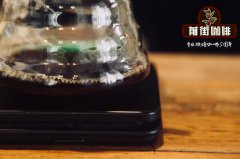
Where is the best coffee in Hainan _ which is better, Hainan Fushan coffee or Xinglong coffee
Professional coffee knowledge exchange more coffee bean information Please follow the coffee workshop (Wechat official account cafe_style) mentioned Hainan Island, many people always think of the sea and the beach first. How many people know that Hainan Island is rich in coffee and its quality is not inferior to that of the world-famous South American coffee? In Hainan, there are two places famous for coffee, one is Chengmai Fushan, the other is
- Next
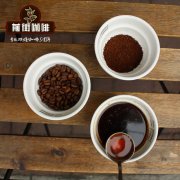
What are the flavor and taste characteristics of Robusta coffee beans? [Robusta] do coffee beans have high acidity?
Professional coffee knowledge exchange more coffee bean information please follow the coffee workshop (Wechat official account cafe_style) Robusta coffee beans flavor and taste characteristics? [Robusta] do coffee beans have high acidity? Can I make spaghetti beans? Robasta is a high-yielding and pest-tolerant plant with a height of up to 12 meters and grows best in warm and humid climates.
Related
- Detailed explanation of Jadeite planting Land in Panamanian Jadeite Manor introduction to the grading system of Jadeite competitive bidding, Red bid, Green bid and Rose Summer
- Story of Coffee planting in Brenka region of Costa Rica Stonehenge Manor anaerobic heavy honey treatment of flavor mouth
- What's on the barrel of Blue Mountain Coffee beans?
- Can American coffee also pull flowers? How to use hot American style to pull out a good-looking pattern?
- Can you make a cold extract with coffee beans? What is the right proportion for cold-extracted coffee formula?
- Indonesian PWN Gold Mandrine Coffee Origin Features Flavor How to Chong? Mandolin coffee is American.
- A brief introduction to the flavor characteristics of Brazilian yellow bourbon coffee beans
- What is the effect of different water quality on the flavor of cold-extracted coffee? What kind of water is best for brewing coffee?
- Why do you think of Rose Summer whenever you mention Panamanian coffee?
- Introduction to the characteristics of authentic blue mountain coffee bean producing areas? What is the CIB Coffee Authority in Jamaica?

